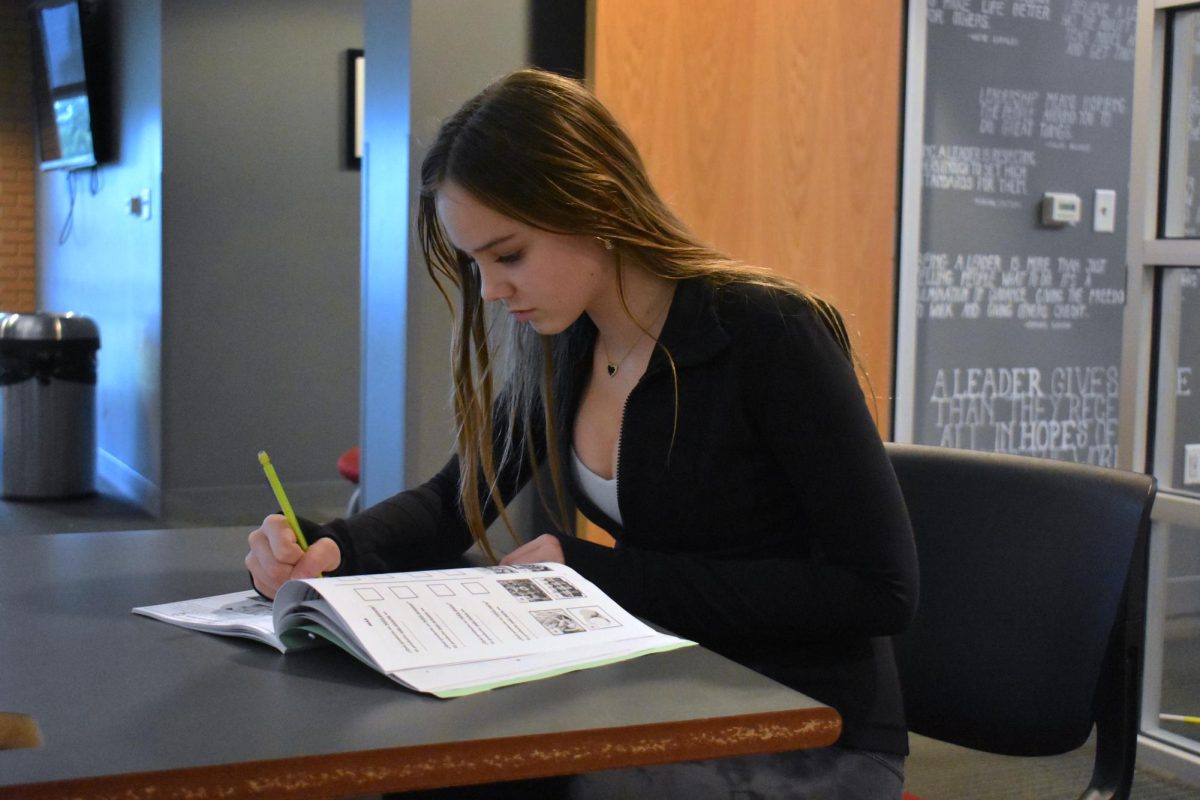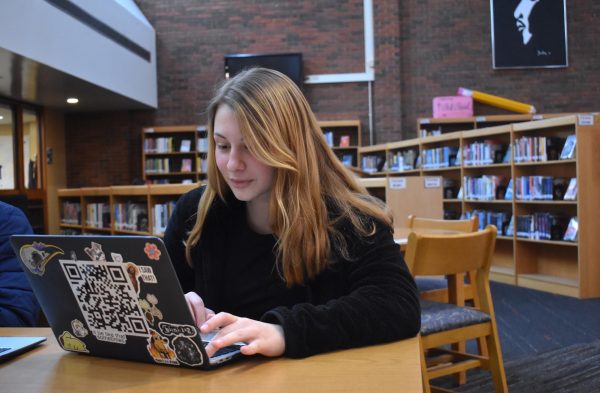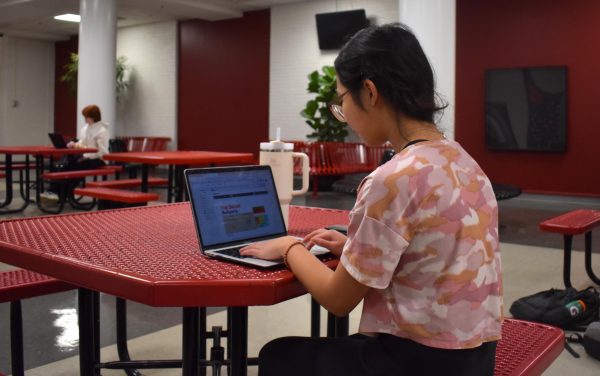When she’s not busy with school and homework, Layla Shaw, junior, participates in water polo every weekday throughout the spring, works at Villa di Maria Montessori School, attends French Club every other Tuesday and partakes in 2025 Class Committee meetings when they’re scheduled. Needless to say, Shaw is no stranger to being busy. She said balancing all of this work is hard enough, but the added pressure from the adults in her life is too much.
Shaw said some coaches expect too much from student athletes. According to a TKC survey, 59.6% of KHS students play a sport and in Shaw’s experience, they tend to have no limits when pushing athletes to do their best.
“Coaches [ask] ‘are you [doing] this all for the team or are you being a self player? You [have to] focus on the team,’” Shaw said. “But I [have] my own life too and I gotta balance it out.”
Shaw said if adults tried to understand how difficult students’ lives are, it would improve their mental health and performance in school. She said if adults communicate better with students, they would be able to help teens reach the expectations in place for them.
“It’d be nice if [adults] thought about how much of our days are spent [doing] things we don’t exactly enjoy but we do them to better our future,” Shaw said. “There [are] a bunch of adults who [expect] things for our future, and if we don’t do exactly what they say, they act as if we don’t care about our future.”
Shay Hafertepe, freshman, believes teachers put the most pressure on students. She said they don’t understand what students’ situations are at home, which causes their workload to become too heavy.
“Earlier this year, I didn’t do an assignment because I had work and things going on at home,” Hafertepe said. “When I tried to explain that to my teacher, she yelled at me and told me [my homework] was [still] missing and I [would] have to [complete] the assignment another day and that it was going to be marked as a zero.”
Similar to Shaw, Brienne Yu, freshman, said the issue with teachers’ expectations of students is rooted in lack of communication with students. Yu also said teachers should be aware of the workload students are assigned in their other classes as well.
“I think some teachers assume other teachers will be really lenient with everything so they can [assign] more work and expect us to have enough free time to do it,” Yu said. “If they were more understanding [about our other classes] that would be a lot more helpful and our mental health would be a lot better.”
Janet DePasquale, English teacher, said due to the pandemic, teachers had to rethink what work they assigned was thoughtful and intentional rather than busy work. She said she’s also attempted to implement systems in her classroom to ease students’ stress levels.
“I try not to assign things that are due the next day and try to help with time management,” DePasquale said. “Especially in [my AP] class, I know [my class is] one of multiple [and] that workload can be really heavy for a lot of students.”
Gina Woodard, cross country coach and Health teacher, said students have unrealistic expectations of themselves. She said throughout her career, she’s watched teenagers burden themselves with hard classes without any harsh standards from the adults in their lives.
“I had a group of runners, and I was asking them, ‘Why are you guys taking so many hard classes and doing all this?’” Woodard said. “I kept thinking [their] parents must be the crazy people that are forcing [them] to do this. [But] they said, ‘No, my parents don’t care. They’re not making me do this. I’m doing it because I know [everyone else] is doing it, and we’re all going after the same scholarships. So [there] was this mentality [and what] these kids [were doing was] self induced. I couldn’t believe it.”
Sara Gibbs, intensive support counselor, works to decrease the reactive behavior of mental health challenges as KHS. She said the best thing for everyone at KHS to do for their own well-being is to be understanding of each other’s situations and workloads.
“[It’s important to] have realistic expectations for both students and teachers and ourselves in general,” Gibbs said. “One thing I’ve noticed as a counselor is the more rigid and high our expectations are, the more emotional distress we experience when we’re not meeting those expectations or goals. We feel like we failed or [that] we’re not good enough, [which] creates negative emotions. If we make them more flexible, we give ourselves an area that we need to aim for, rather than a checkpoint we are trying to get to.”












